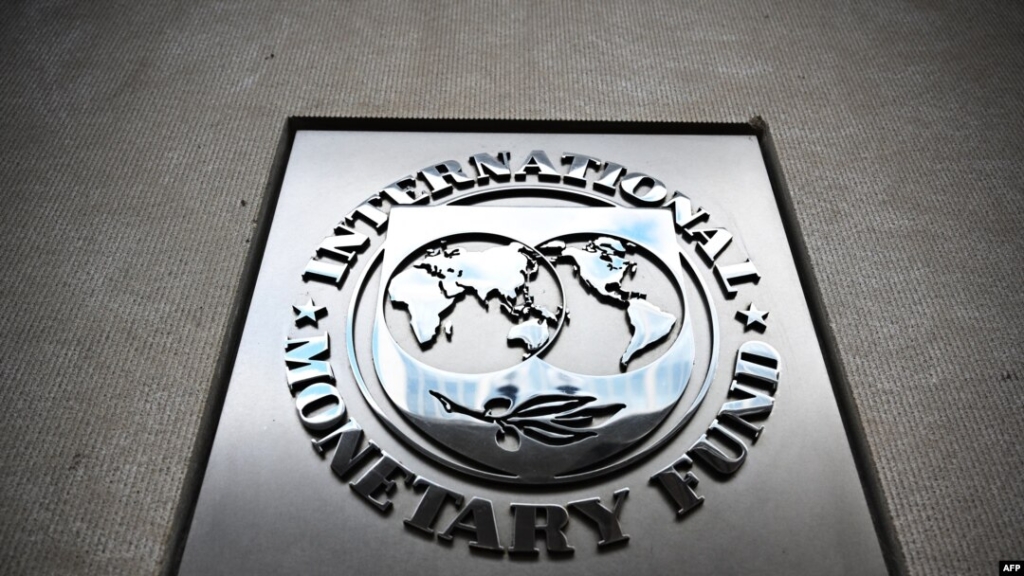The International Monetary Fund (IMF) has projected that global growth will drop to 2.8 percent from 3.3 percent earlier predicted for 2025. The IMF has attributed the latest projection to current global trade tensions.
According the Bretton Woods institution, the swift escalation of trade tensions and extremely high levels of policy uncertainty are expected to have a significant impact on global economic activity.
“Global growth is projected to drop to 2.8 percent in 2025 and 3 percent in 2026—down from 3.3 percent for both years in the January 2025 World Economic Outlook (WEO) Update, corresponding to a cumulative downgrade of 0.8 percentage point, and much below the historical (2000–19) average of 3.7 percent” the IMF said in its April 2025 WEO report.
The report pointed out that in emerging market and developing economies, growth is expected to slow down to 3.7 percent in 2025 and 3.9 percent in 2026, with significant downgrades for countries affected most by recent trade measures, such as China.
“Growth in advanced economies is projected to be 1.4 percent in 2025. Growth in the United States is expected to slow to 1.8 percent, a pace that is 0.9 percentage point lower relative to the projection in the January 2025 WEO Update, on account of greater policy uncertainty, trade tensions, and softer demand momentum, whereas growth in the euro area at 0.8 percent is expected to slow by 0.2 percentage point”.
The report added that global headline inflation is expected to decline at a pace that is slightly slower than what was expected in January, reaching 4.3 percent in 2025 and 3.6 percent in 2026, with notable upward revisions for advanced economies and slight downward revisions for emerging market and developing economies in 2025.
The report cautioned that ratcheting up a trade war, along with even more elevated trade policy uncertainty, could further reduce near- and long-term growth, and erode policy buffers.
“Divergent and rapidly shifting policy stances or deteriorating sentiment could trigger additional re-pricing of assets beyond what took place after the announcement of sweeping US tariffs and sharp adjustments in foreign exchange rates and capital flows, especially for economies already facing debt distress”.
The report said broader financial instability may ensue, including damage to the international monetary system.
In addition it indicated that demographic shifts and a shrinking foreign labor force may curb potential growth and threaten fiscal sustainability.
“The lingering effects of the recent cost-of-living crisis, coupled with depleted policy space and dim medium-term growth prospects, could reignite social unrest. The resilience shown by many large emerging market economies may be tested as servicing high debt levels becomes more challenging in unfavorable global financial conditions”.
Below is the Executive Summary
DISCLAIMER: The Views, Comments, Opinions, Contributions and Statements made by Readers and Contributors on this platform do not necessarily represent the views or policy of Multimedia Group Limited.

